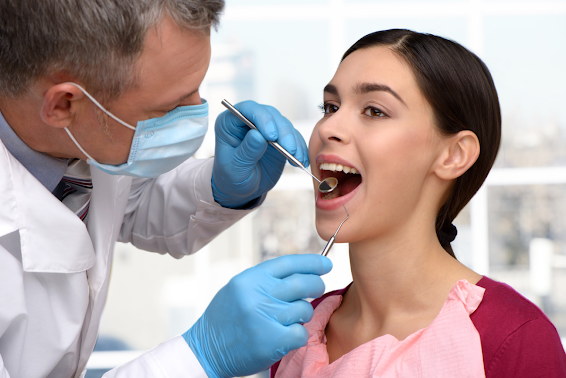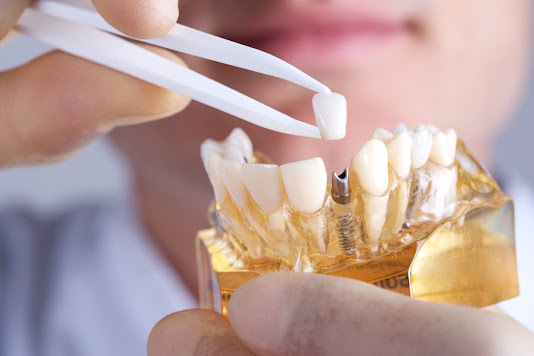Hey there, folks! When it comes to looking after your pearly whites, one component's for positive: finding the proper dentist near you is vital. Your dental fitness is not any joke, and it is important to have a straightforward dental expert simply around the nook. But Find the dental clinic near you in Red Deer for Laser Teeth Whitening involves discovering patient opinions, checking accreditation, and consulting with experienced dentists.
First things first, let's speak area. Think about how some distance you're willing to travel while it's time for the ones dental take a look at-ups. Are you searching out a dentist close to home? Maybe one close to paintings? Or perhaps a convenient spot that covers each bases? Choosing the proper location narrows down your search and contact us and makes the whole manner a breeze.
Seek Recommendations
When it comes to locating a high-quality dentist, occasionally antique-faculty wisdom reigns ideally suited. Ask around! Your family, buddies, and colleagues might simply have the interior scoop on the nice dentists in town. Personal referrals may be a goldmine of facts, providing you with insights into the fine of care and the general experience you may anticipate.
Dive into Online Reviews
We live in a digital age, my pals, and facts is proper at your fingertips. Platforms like Google, Yelp, and Healthgrades are your cross-to places to suss out on-line critiques. Real sufferers proportion their reports with specific dentists, so you can gauge the reputation and patient pride tiers.
Check Those Credentials
Now, allow's get severe. Before you're making any selections, it is simply vital to ensure the dentist you are considering is the real deal. Check their credentials, folks! That manner
Accessibility and Parking
Consider the convenience of the dental office's location, and check out the parking situation. Easy access makes your dental appointments hassle-free, especially if you're juggling a busy schedule.
Personal Comfort Matters
Last but not least, let's talk personal comfort. When you're in the dental chair, feeling at ease is essential for a positive experience. So, pay a visit to the dental office and assess everything, from the ambiance to the cleanliness and the friendliness of the staff. A welcoming environment can do wonders for reducing any anxiety you might have about dental visits.
In Conclusion
Finding the perfect dentist near you might seem like a tall order, but with the right approach, it's a walk in the park. Remember to start with your location, ask for recommendations, dive into online reviews, and check those credentials. Be sure the services on offer match your needs, and inquire about their tech and equipment. Don't forget to consider office hours, insurance, and personal comfort. By putting your oral health first and making an informed decision, you'll be on your way to maintaining that radiant and healthy smile for years to come. Happy smiling, everyone!









